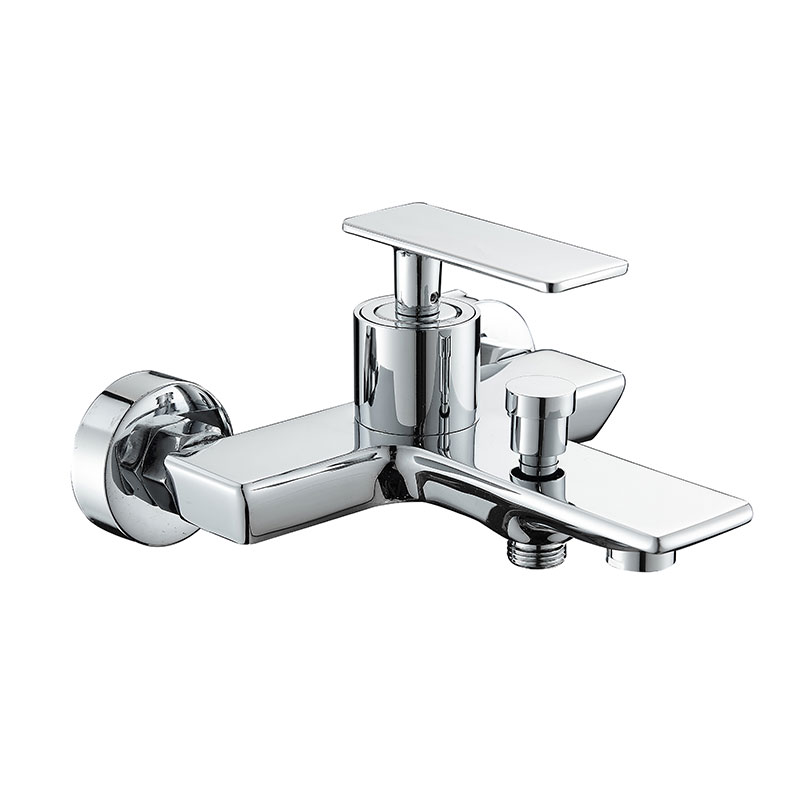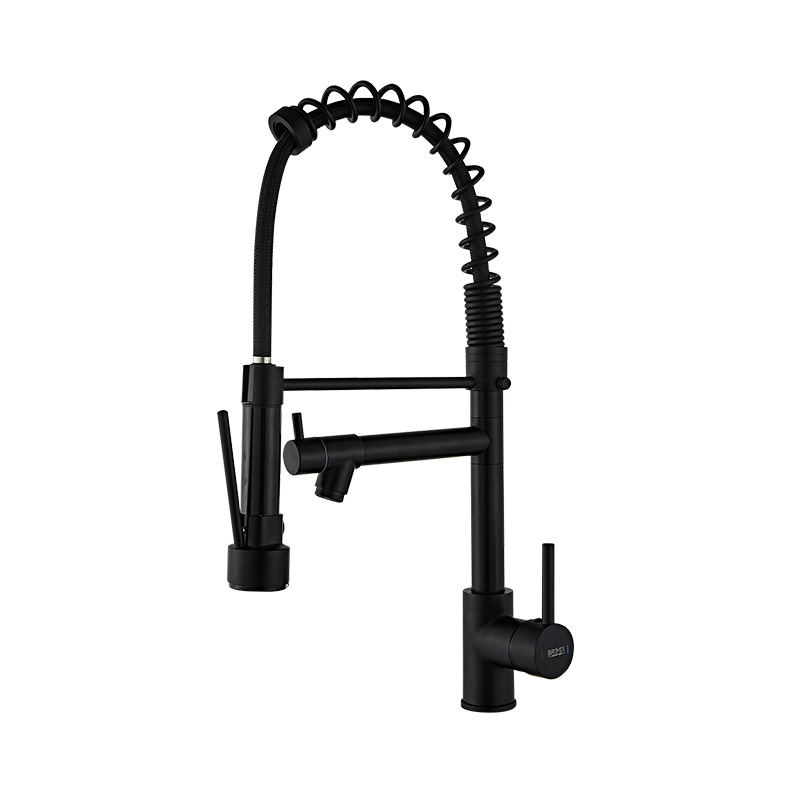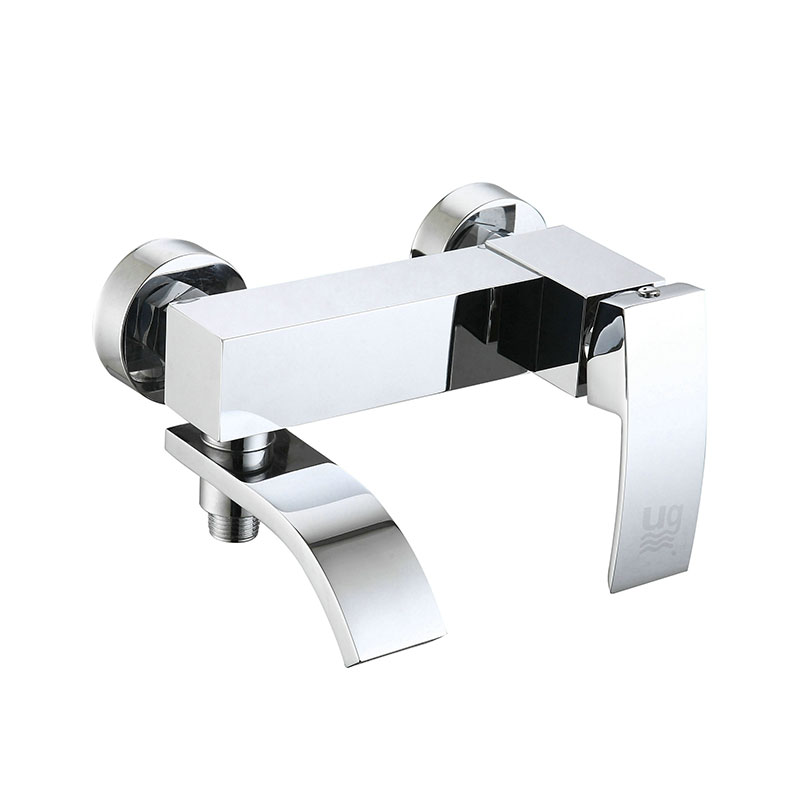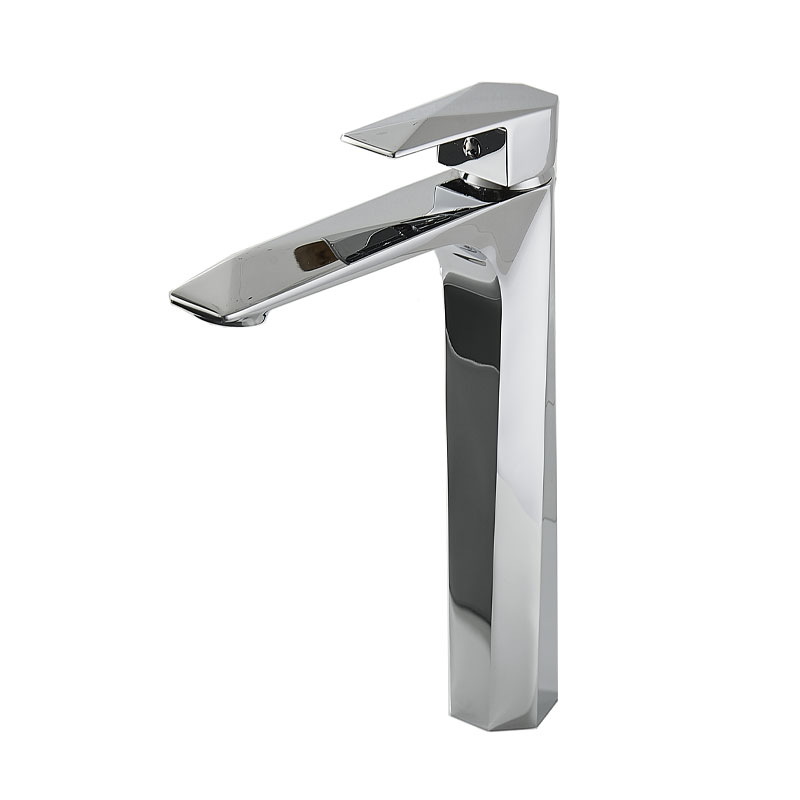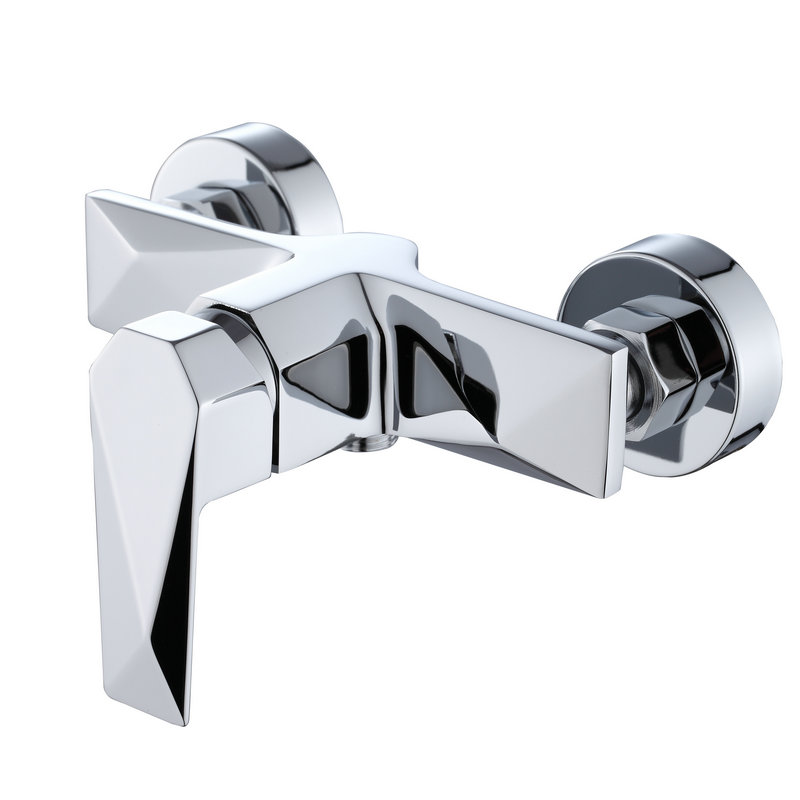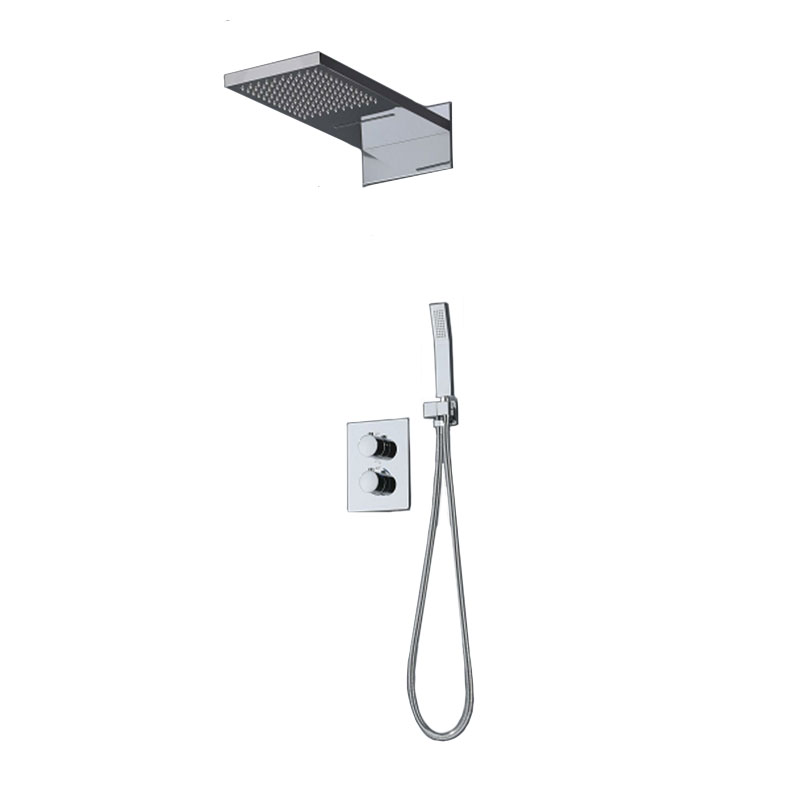Choosing a suitable faucet for home use is very important because it directly affects the daily water usage experience and health safety. Here are several important factors to consider when selecting a faucet for home use.
1. Choosing the right material is key.
When selecting a faucet, the first thing to consider is the material. Currently, the most common faucet materials on the market include brass, stainless steel, zinc alloy, ceramic, and plastic.
(1) Brass faucets
Advantages: They do not rust, are durable, and copper ions have antibacterial properties, making it difficult for bacteria to breed. Brass faucets are the mainstream and most widely used faucets on the market.
In fact, copper alloy faucets are all made of brass, with H59 brass (copper content 59%) becomes the most common. The higher the copper content, the better the corrosion resistance.
Disadvantages: They contain lead! When purchasing, it is best to choose reputable brands to ensure that the lead precipitation level meets the national standard.
(2) Stainless steel faucets
Advantages: High hardness, strong toughness, very durable, does not rust, no lead.
Disadvantages: While they don’t contain lead, they may release other heavy metal elements, such as chromium. Manufacturing and processing stainless steel faucets are more difficult, so they tend to be more expensive than faucets made of other materials.
2. Correct usage is crucial.
(1) Flush water in the morning
When using the faucet in the morning, it’s best to open the faucet and let it run for a while.
(2) Be careful with connecting hoses
The connection hoses of faucets are also very important and are prone to exceed standards. Pay attention when purchasing. Faucet materials vary, some are very sturdy, while others are easy to tear. Hoses that are easy to tear may be made of secondary materials and may exceed organic material standards. When purchasing, pick up the hose and smell it. If the odor is too strong, the quality may be questionable, so it’s best not to buy.
To maintain people’s health, it is important to keep faucets clean, use safe materials, and ensure water quality. Faucet manufacturers and users should be mindful of the health implications and take steps to ensure the quality and safety of faucets.

